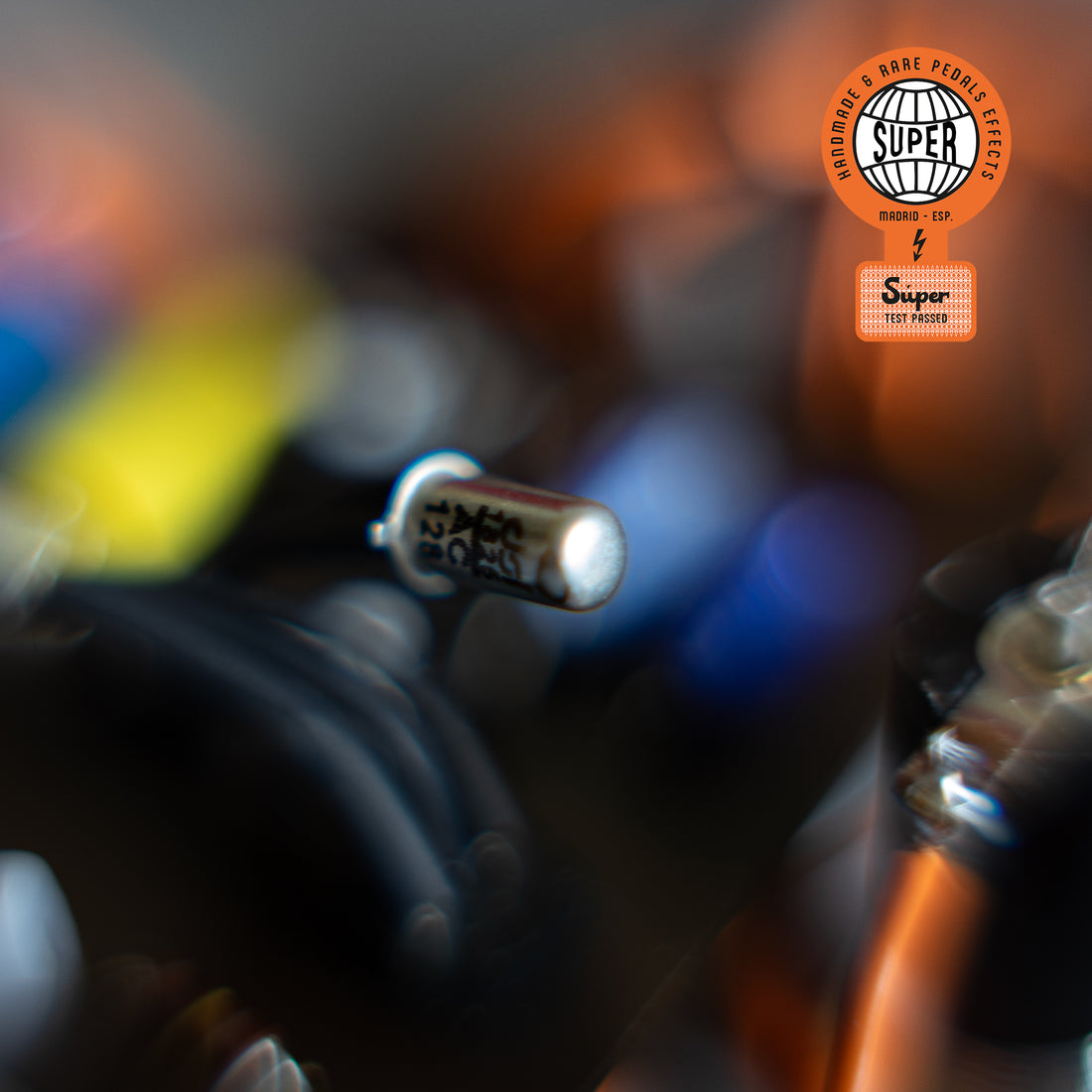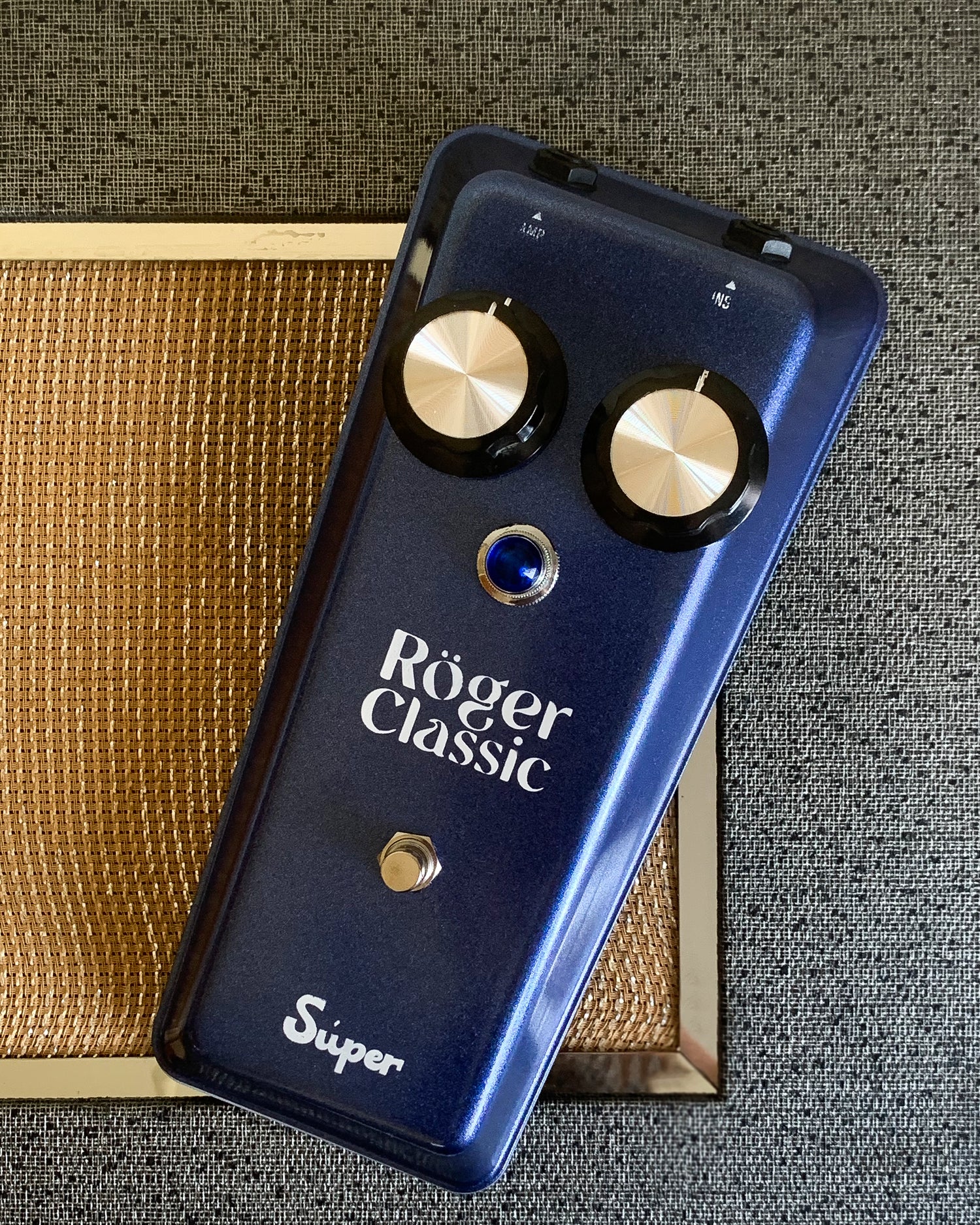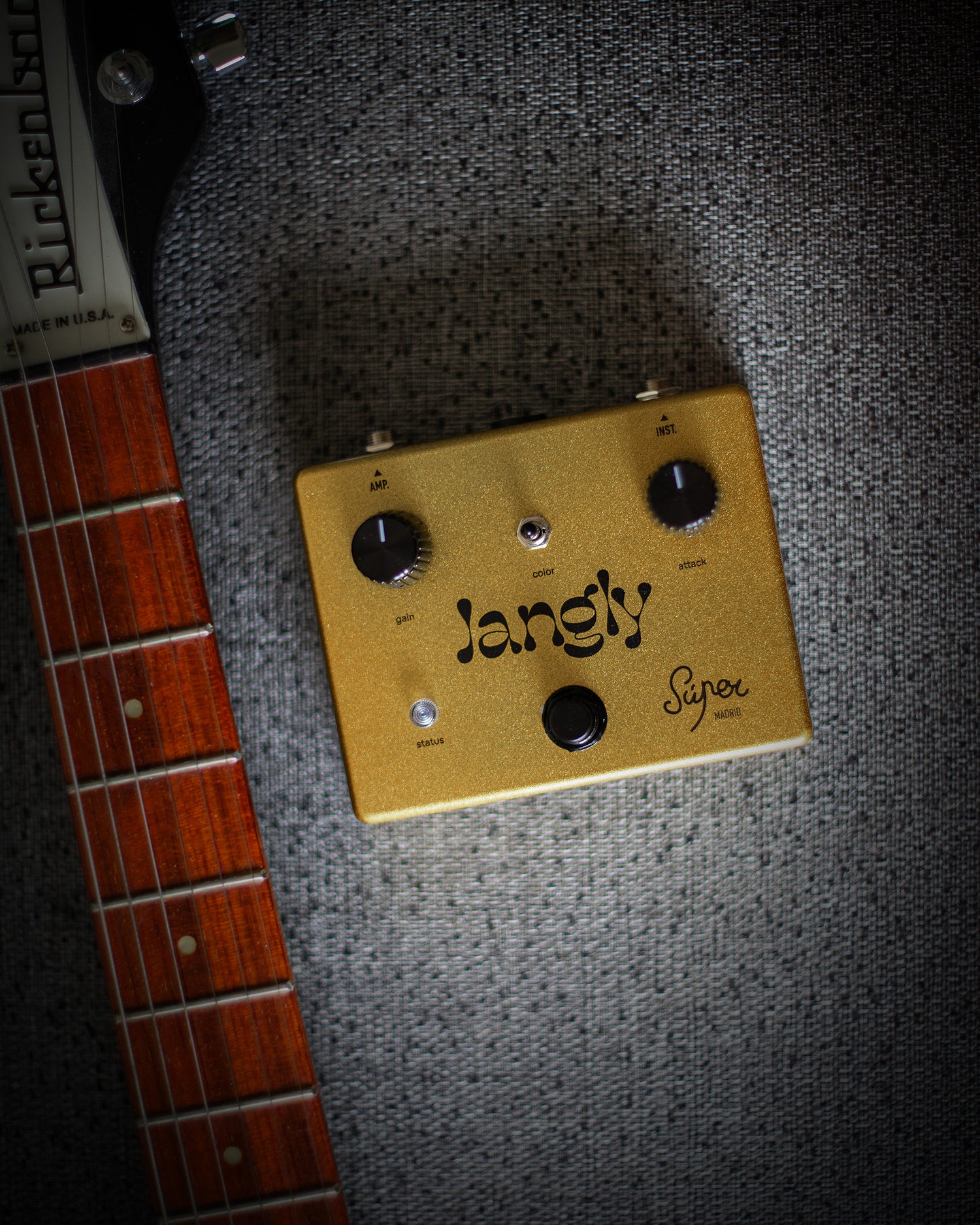
Fuzz Pedal: Germanium or Silicon differences between fuzz fuitar effect pedals
Germanium and silicon transistors have played significant roles in the history of guitar pedals, particularly in fuzz pedals. The differences in their material and electrical properties directly impact the sound they produce. Here's how they affect the tone and are used in fuzz pedals:
1. Tone and Warmth
- Germanium Transistors:
- Produce a warmer, smoother sound. The distortion from germanium transistors is less aggressive and has a more rounded response, resulting in a highly sought-after "vintage" tone.
- They are known for having a more organic dynamic response, allowing for a subtler interaction with playing technique, leading to a more expressive sound.
- Silicon Transistors:
- Deliver a brighter, more aggressive tone. The distortion is harder and more precise, creating a more "modern" sound with greater presence in the mix.
- They have a more linear response, less influenced by playing dynamics, resulting in a sound that may feel less expressive but is more consistent.
2. Stability and Performance Under Different Conditions
- Germanium Transistors:
- Sensitive to temperature changes, which can cause their performance to vary in different environments. This can result in tonal shifts, which some musicians consider part of the charm of germanium pedals.
- Tend to have higher noise levels and a greater tendency toward mismatches, leading to less predictable sounds but with unique character.
- Silicon Transistors:
- Much more stable and consistent across various environmental conditions. This means the tone remains more constant regardless of temperature or humidity.
- Lower noise levels and greater reliability, which are preferred by many musicians seeking a cleaner, more dependable sound.
3. Saturation and Clipping
- Germanium Transistors:
- Germanium’s saturation is smoother and more gradual, resulting in a more "rounded" and less abrupt clipping. This contributes to the warm, smooth character of fuzz.
- Silicon Transistors:
- Saturation in silicon transistors is more abrupt, resulting in a sharper, more pronounced clipping and a harsher, more aggressive distortion. This is ideal for genres that require a more defined and punchy sound.
4. Applications and Preferences in Fuzz Pedals
- Germanium Transistors:
- Used in classics like the **Dallas Arbiter Fuzz Face** from the late '60s. These pedals are especially valued by blues and classic rock musicians seeking that vintage tone, like the one used by Jimi Hendrix and other iconic guitarists of the era.
- Silicon Transistors:
- Used in more modern fuzz pedal versions, like later versions of the **Fuzz Face** and other pedals like the **Big Muff**. These are favored by musicians who need a more robust, aggressive, and consistent sound.
5. Control and Versatility
- Germanium Transistors:
- More sensitive to control adjustments, especially to the guitar's volume and gain, allowing for a broader range of tones within the same pedal.
- Silicon Transistors:
- Less dependent on guitar settings to shape the tone, which may make it less versatile in terms of nuances but easier to manage in high-volume or mix situations.
**Summary**
- Germanium Transistors: Ideal for those seeking a warm, smooth, vintage sound with organic and expressive character, though with potential temperature-related variations and higher noise.
- Silicon Transistors: Perfect for musicians preferring a more aggressive, bright, and consistent sound, with greater reliability and less noise.
Each type of transistor has its place depending on the musical style and the guitarist's personal preferences.


